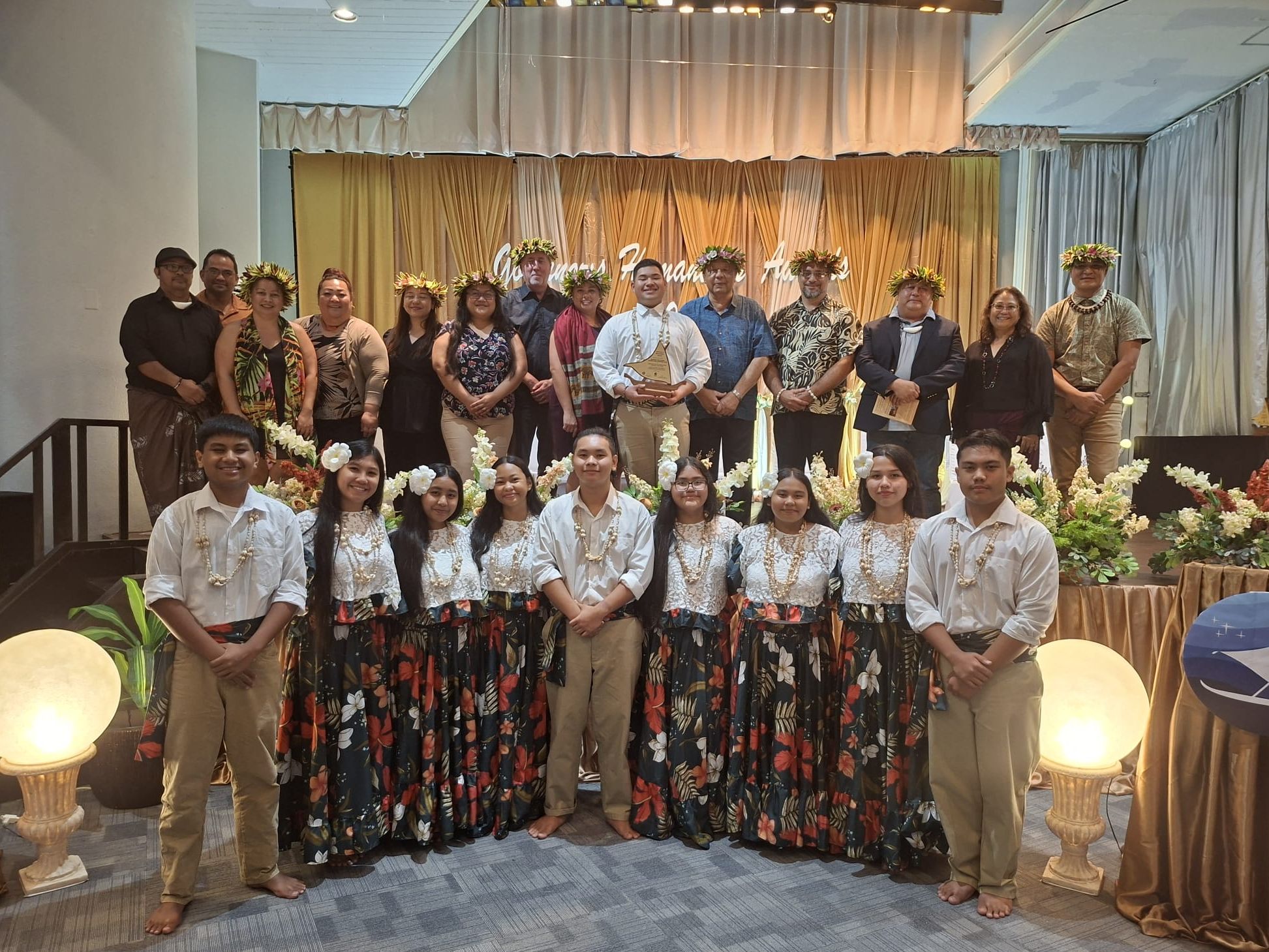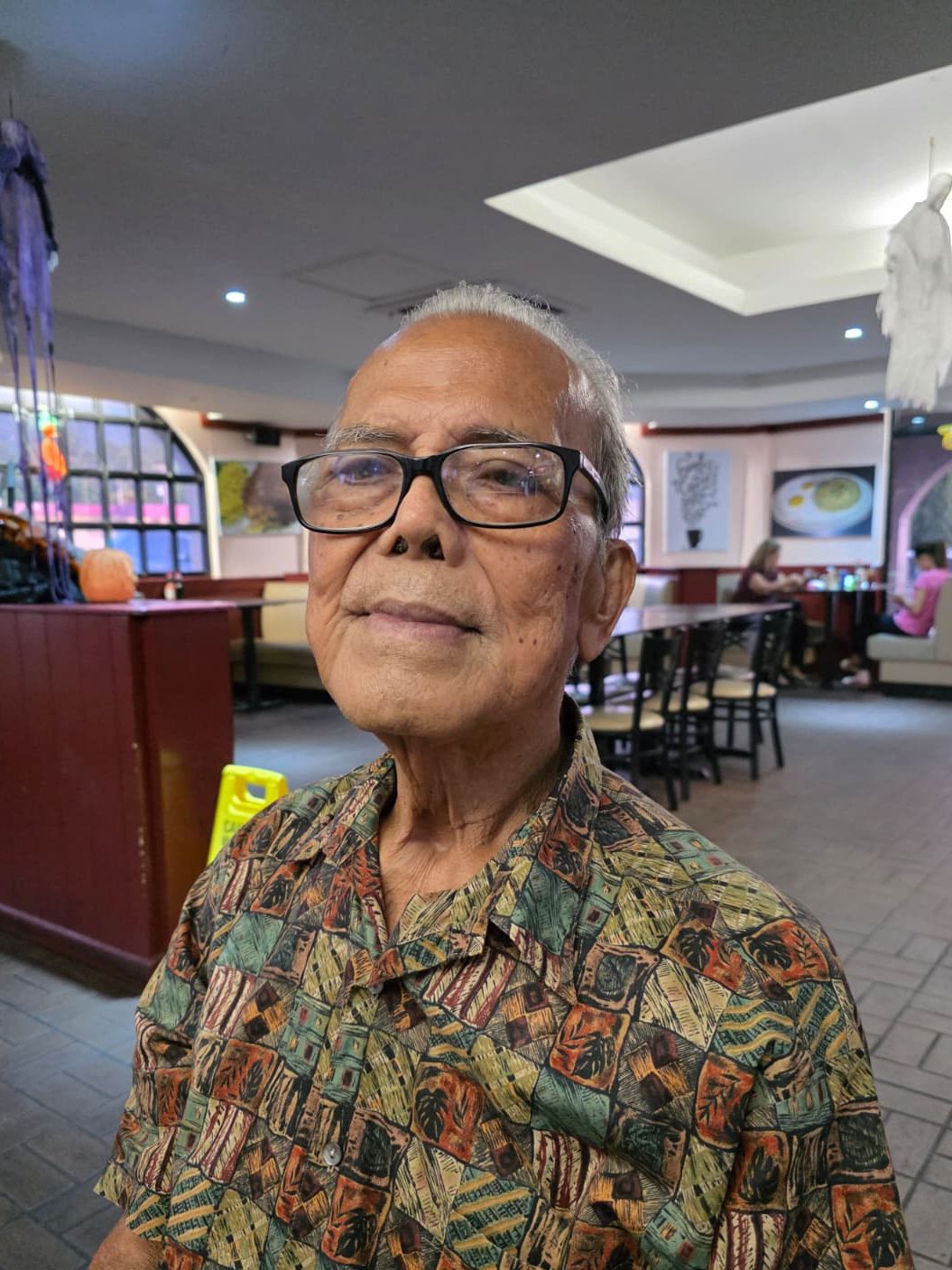Govendo was also ordered to write a letter of apology to the people of the commonwealth and to complete an off-island educational program on judicial ethics “at his own expense.”
Govendo declined to comment.
The Supreme Court said the judge must submit his letter of apology for its review and approval within 15 days, and will “bear the expense of taking out advertisements in two newspapers of local circulation in order to ensure that the letters are published in its entirety.”
Associate Justice Alexandro C. Castro and Justices Pro Tem Edward Manibusan and Vern P. Perez signed the slip opinion that was released yesterday. (See http://www.justice.gov.mp/documents/2010%20MP%2016.pdf)
“To ensure a smooth transition, [Govendo’s] reassignment shall be done at the direction of Presiding Judge Robert C. Naraja within 60 days,” the Supreme Court ordered.
The Supreme Court said “the National Judicial College’s Ethics, Fairness, and Security in Your Courtroom and Community…is highly recommended. Judge Govendo may petition the court to take a different course that may be offered earlier by a different institution, but an online class will not be accepted.”
In the recommended class, “participants will examine real cases and use hypothetical scenarios to distinguish between proper and improper personal conduct in the courtroom and community activities.”
It will also “discuss the importance of different cultures in the community and their impact on courtrooms; reduce bias and prejudice to maintain the integrity of the court process and apply appropriate personal security measures when engaging with the public.”
“Any other class that Judge Govendo would rather take should be similar to the class described above,” the Supreme Court ordered.
The court at the same time acknowledged Govendo’s “largely positive tenure on the Superior Court.”
Govendo won national recognition for his work as a family court judge, and Presiding Judge Naraja and Associate Judge Ramona V. Manglona, who filed the complaint against Govendo, testified that he was a well-liked and respected member of the judiciary.
But the court said it listened to the recordings from the adoption cases presided by Govendo and“we found that [his] tone in these proceedings was mean, condescending, and angry. We listened to Judge Govendo berate would-be adoptive parents on the basis that they were motivated to adopt the children not because they loved them, but instead because they wished to bring more Filipinos into the commonwealth. Judge Govendo attacked the petitioners and their motivations.”
Govendo said it was the petitioners’ intent in these adoption proceedings to circumvent commonwealth law, and that he would not stand for such tactics.
According to the Supreme Court, “It was not only what Judge Govendo said, but how he said it that concerned us.”
The court added, “In a nutshell, these tapes cast serious doubt as to Judge Govendo’s ability to maintain the proper judicial decorum. Therefore, [even though] Judge Govendo’s witnesses were supportive…the tapes were not favorable.”
The Supreme Court found that Govendo made statements in three different cases which violated the Commonwealth Code of Judicial Conduct and the Commonwealth Rules of Judicial Disciplinary Procedure.
The Supreme Court said Govendo used racially inappropriate language in two adoption proceedings involving Filipinos, and threatened a Filipino citizen with criminal prosecution and deportation.
On Oct. 15, 2010, Govendo apologized for saying “adios muchacho” to a convicted stalker and domestic violence offender, but added that he shouldn’t be branded racially insensitive for failing to “walk the tightrope of political correctness.”
“I apologize to any Filipino or Chamorro [offended by the remark]. I had no idea that [‘muchacho’] could be interpreted as a derogatory, disparaging remark,” Govendo told the Supreme Court.








